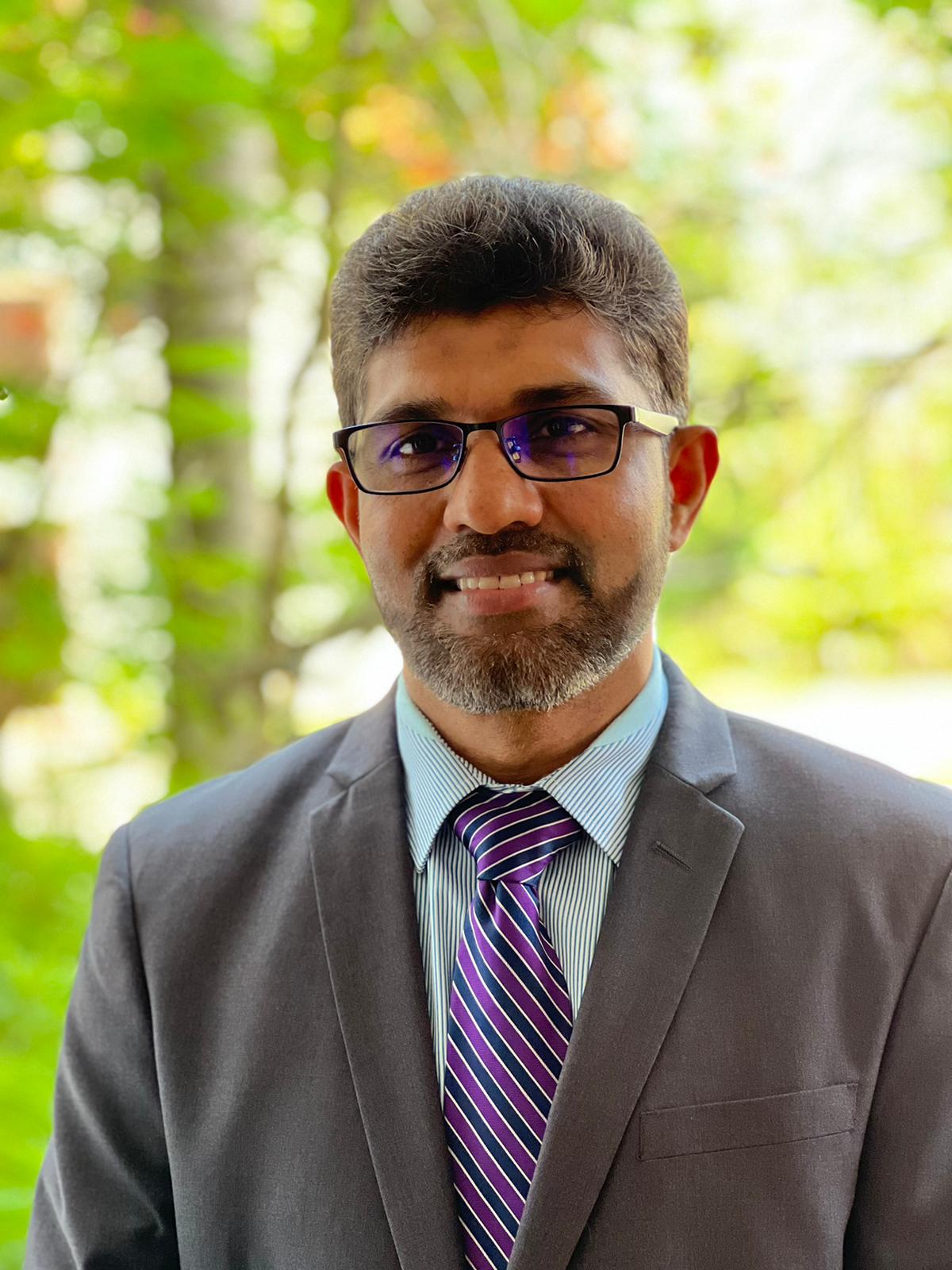Bringing a human touch to problem solving: Assoc Prof Md Saidul Islam
Assoc Prof Md Saidul Islam's research explores the relationship between nature, sustainable development and society.
Although it may not be so obvious in a landscape dominated by scientific and technological innovation, the social sciences and humanities are integral for interdisciplinary approaches to address real-world issues.
How businesses manage the flow of information in their organisations, the environmental and societal factors that affect the sustainability of aquatic farming and the perceptions of mental health conditions are some areas in which advances in medicine and technology intersect with the workings of society.
Pushing Frontiers speaks to three experts who provide fresh insight on addressing these issues to foster resilient organisations and societies ready for the future.

In his quest for a sustainable Earth, Assoc Prof Md Saidul Islam from NTU’s School of Social Sciences endeavours to understand the relationship between nature, sustainable development and society.
“As an environmental sociologist, I am interested in how environmental and sustainability issues such as food security influence the development of society,” says Assoc Prof Islam.
Assoc Prof Islam is also the Graduate Coordinator of Sociology and holds a courtesy appointment with NTU’s Asian School of the Environment. He was the Founding Coordinator of the Environment and Sustainability Research Cluster at NTU’s School of Social Sciences.
An established food and sustainability scholar, Assoc Prof Islam has advanced knowledge in the fields of aquaculture, climate change, food security and environmental sustainability for more than a decade.
Aquaculture is the farming of aquatic organisms such as fish, crustaceans and shellfish. The industry provides almost half of the world’s seafood supply and it is estimated that 600 million people around the world depend on the aquaculture sector for their livelihoods.
Assoc Prof Islam is recognised as one of the world’s foremost social scientists on global aquaculture. He has uncovered how environmental challenges such as climate change can create vulnerabilities in societies that depend largely on aquaculture.
In a study conducted in coastal Bangladesh, a major shrimp producer, he found that shrimp farming is adversely affected by climate change variability and extremes. These include rising atmospheric and water temperatures, coastal tidal surges, floods, cyclones and sea-level rises. However, most small farming households in Bangladesh are not able to deal with these disasters.
The study revealed the paramount importance of policies that help the various stakeholders in the industry respond to these environmental issues, especially small farming households that are most affected by climate-induced risk and vulnerabilities.
Assoc Prof Islam’s groundbreaking research findings have resulted in more than four dozen publications in eminent academic journals and seven books. He also advocates for sustainable aquaculture by fostering partnerships with academics, non-governmental groups, policy think tanks, and various local communities.
His contributions have been recognised through awards such as the Early Investigator Award 2015, given to the top emerging sociologist of the year by the Canadian Sociological Association and the Awards to Scholarly Publications Program by the Federation for the Humanities and Social Sciences, Canada.
“Through my research, I hope to meet the needs of present and future generations while advancing human dignity and conserving the planet’s life-support system,” Assoc Prof Islam remarks.
The article appeared first in NTU's research & innovation magazine Pushing Frontiers (issue #21, December 2022).


.tmb-listing.jpg?Culture=en&sfvrsn=f43836b1_1)
.tmb-listing.jpg?Culture=en&sfvrsn=fba51b63_1)
.tmb-listing.jpg?Culture=en&sfvrsn=ba129532_1)


.tmb-listing.jpg?Culture=en&sfvrsn=ab6472c8_1)